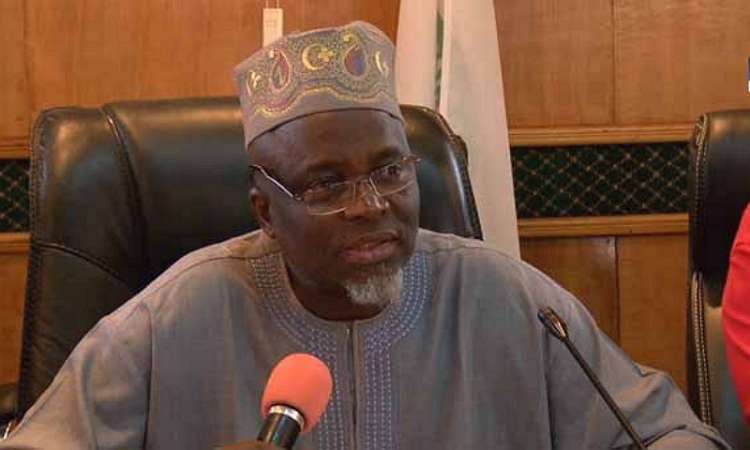By Nafisat Abdulrahman
The Registrar of the Joint Admissions and Matriculation Board (JAMB), Professor Ishaq Oloyede, has called on the Federal Government to grant the National Universities Commission (NUC) full control over the budgets of public universities, arguing that such a move would enhance institutional autonomy and improve financial management.
Speaking on ‘Inside Sources’ show with Laolu Akande on Channels Television on Sunday, monitored by our correspondent, Prof. Oloyede emphasisd that university funding mechanisms required restructuring, suggesting that the NUC should take charge of budget coordination rather than individual institutions.
“The National Universities Commission (NUC), for example, should be left alone to run the universities. Hold the NUC responsible for the management of the universities,” he stated.
Oloyede, a former Vice-Chancellor of the University of Ilorin (UNILORIN) in Kwara State, recalled the effectiveness of the University’s Annual Review System, which previously determined university budgets based on student enrollment across disciplines.
“When the NUC was in charge, things were done well. I strongly believe that the autonomy we are talking about for our universities can be better achieved if we allow the NUC to coordinate affairs,” he added.
The JAMB boss also criticised the current budget defence process, where universities independently present their financial requests to the National Assembly, often influenced by lobbying and political connections.
“Now, every university goes to the National Assembly for their budget defence, and the more weight you can pull, the more funding you get. The NUC should determine the parameters, including student numbers, and defend the budget at the National Assembly and the Ministry of Education,” he stated.
According to Oloyede, a centralised funding approach would ensure fair allocation of resources, especially for professional programmes like Medicine, where funding should be based on the cost of training each student.
“We could get to a level where we say University of Abuja, you are producing XY medical doctors—what does it take to train one medical doctor? We calculate the total cost and both capital and recurrent expenditure won’t be our business. We must build research into it to ascertain the amount,” he explained.
Oloyede’s remarks came amid ongoing debates on the financial sustainability of Nigeria’s university system and calls for greater accountability in higher education funding.





